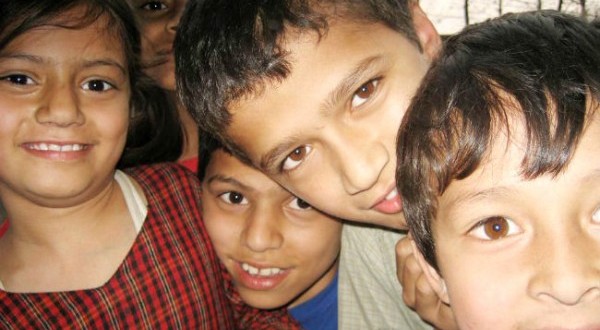The Love hormone ‘helps autistic brain’ and makes them more social, according to US researchers.The role of the hormone in helping children with autism has been debated, with studies showing conflicting data.
Brain scans, reported in the Proceedings of the National Academy of Sciences, hint that there is an effect.
The National Autistic Society said research on oxytocin as a treatment was still in its infancy.
Oxytocin is naturally produced by the body, triggers labour and is involved in mother and baby bonding.
Seventeen children with autism, aged between eight and 16, were given two nasal spray – one containing oxytocin, the other no drugs at all.
After taking each one, the impact on brain activity was recorded in a scanner while the children were shown “social” pictures of human faces or “non-social” pictures of cars.
The parts of the brain normally associated with social situations appeared more active after the children had been given oxytocin.
Nathan Ison has a sense of humor. He has an obsession with maps.
“What’s the capitol of Vermont?” his mother Jolene Ison asked. “Montpelier,” he responded.
He also has severe autism.
“How old are you?” his father asks.
“18 years old,” Nathan replied slowly.
But Nathan expressed himself more like a five or six year old.
“I think that’s our biggest challenge,” Jolene said. “What are you feeling? What’s going on inside of that little head.”
His family has tried to manage his autism with medication.
“At first we were just trying everything,” she said.
But nothing worked.
“Still, to this day, sitting down with him and working with him one on one is the best,” Jolene said.
But if a new solution comes along, like Oxytocin, “Anything that will help improve his situation we are definitely interested in,” Jolene said.
And while there may be new answers, there are still questions.
“It’s promising but there’s still nothing to really say it’s a strong correlation,” said Kathy Massey Director of Macon-Piatt Special Education District. “What they’re doing is they’re just researching the brain.”
Each case is unique.
“It’s never the same with any child,” Massey explained. “That’s what makes treatment so difficult, medically, because it’s so different.”
As for Nathan, for now, his treatment includes a healthy dose of support from his family.
Massey said that parents have tried other ways to manage their children’s autism like dietary changes, altering food for allergic reactions for example, but as for medical treatments, it’s different for everyone.
 Canada Journal – News of the World Articles and videos to bring you the biggest Canadian news stories from across the country every day
Canada Journal – News of the World Articles and videos to bring you the biggest Canadian news stories from across the country every day



